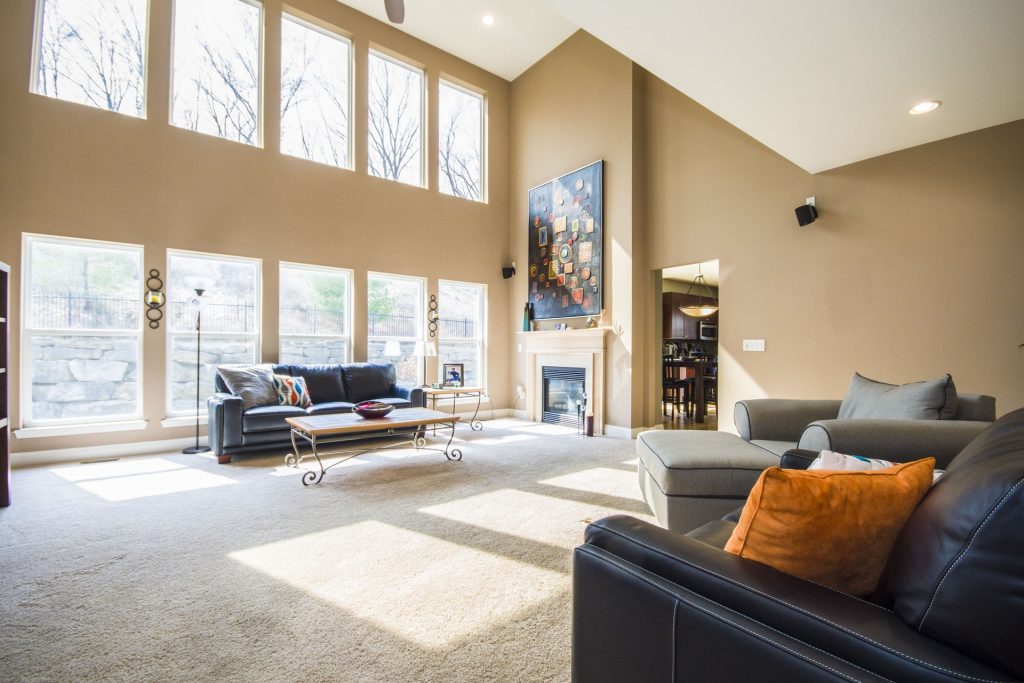House hunting can be fun and exciting. Walking into a potential home and imaging it as mine is one of my favourite things to do. I love walking through an Open House and imagining my furniture filling the spaces and my kids choosing their rooms. However, buying a home is a big investment and if buyers are not educated and do not do their homework when purchasing a new property this dream can turn into a nightmare.
When you walk through a staged home it is easy to focus on superficial elements such as paint colour or the way the current owner has designed the home. You may fall in love with the view or the rounded archways. While these are important they are certainly not what should make or break a deal. Long-time Penticton realtor Gil Szabo has listed a few specific things you should check off your list before buying a home.
- Mold
While it is typically more of an issue in damp climates always be on the lookout for mold when you view any home. Homeowners will often try to hide a mildewy smell behind scented candles but if you get even the slightest whiff of mold you should think twice before making an offer. If you are in love with the house and are still considering moving forward hire a professional inspector to see whether mold is present.
- Structural Issues
If you inadvertently buy a home with a cracked foundation you will find yourself with a very big expense or a house that is hard to sell down the road. While settling can produce hairline cracks, large gaps usually signal much bigger issues. Be on the look-out for sticking doors, cracks above the window frames or tilted floors.
- Water Damage
A home with water damage which has not been remediated properly means a multitude of future headaches including mold or ongoing water leaks. While a seller can take steps to hide internal damage there are some tell-tale signs you can watch for. If you see any water lines, there has been an issue at some point. Look for rust on exposed pipes or dampness in the basement or crawl space.
- Renovations
Some property flippers or DIY owners get proper permits and ensure their renovations are done properly and up to code. Unfortunately, there are others who are not so diligent and they throw up drywall and paint without fixing flaws hidden behind walls. Just because a remodel looks good does not mean it is good. Ask for permits and get your inspector to be particularly attentive in renovated homes.
- Roof Problems
Nothing takes the shine off a newly purchased home like a roof that is not up to par. While a well-maintained and properly laid roof may last up to 30 years, a shoddy installation or poor-quality shingles can mean having to replace a roof much sooner than expected. Ask the seller how old the roof is and look for dry rot or signs of internal water damage in the walls or ceilings. Getting a roof inspection is a good idea.
- Flood Zones
The idea of living near the water is a dream for many home buyers however if this is what you are looking for you need to be on the look-out for past flooding in the area. With climate change and increasing weather unpredictability, flood-zones have become more important in home ownership near water. There are municipal maps you can look at if you are concerned. Insurance premiums are typically higher in these zones.
- Plumbing and Electrical
Issues with plumbing and electrical are often expensive to fix and can lead to leaks or fires if not rectified. When considering a home look for signs of water damage or an improperly installed electrical panel. With an older home think about hiring a plumber and electrician to take a look at the systems. Both plumbing and electrical are critical when it comes to an efficiently running home and problems can be very costly.
- Renovating Costs
If your plan is to buy an older home and extensively remodel do your due-diligence when calculating what it will cost you in the long run. We often tend to underestimate how much we will spend when renovating a property. Often when we look behind the walls we find unanticipated issues so add reserve money to your budget. Add renovation costs to your offer price and see if it is worth the effort.

